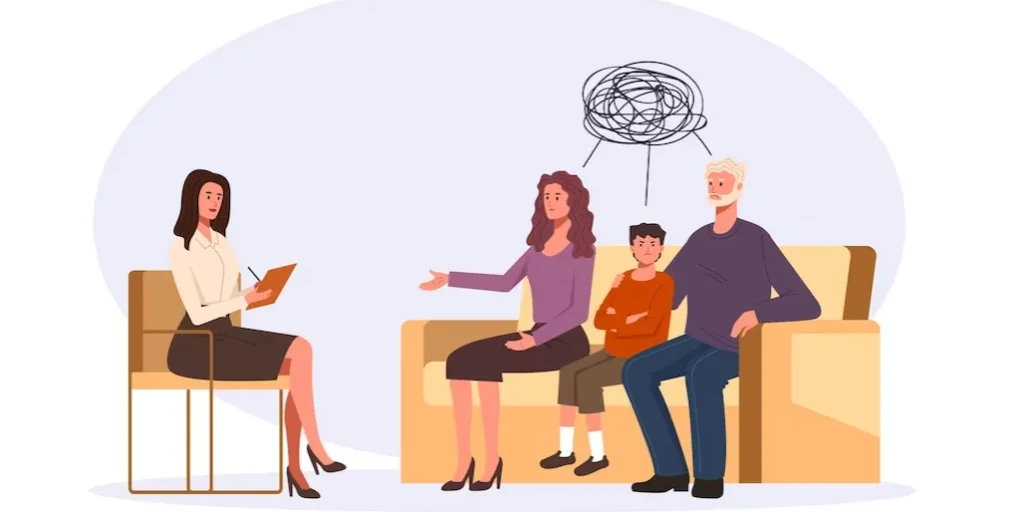24/7 Helpline:
(866) 899-221924/7 Helpline:
(866) 899-2219
Learn more about Bipolar Disorder Treatment centers in Evansville
Bipolar Disorder Treatment in Other Cities

Other Insurance Options

Optum

BHS | Behavioral Health Systems

Coventry Health Care

Magellan

Regence

American Behavioral

Highmark

Health Net

Molina Healthcare

Health Choice

Choice Care Network

Holman Group

GEHA

Oxford

MHNNet Behavioral Health

Self-pay options

Ambetter

Optima

Excellus

Group Health Incorporated



























